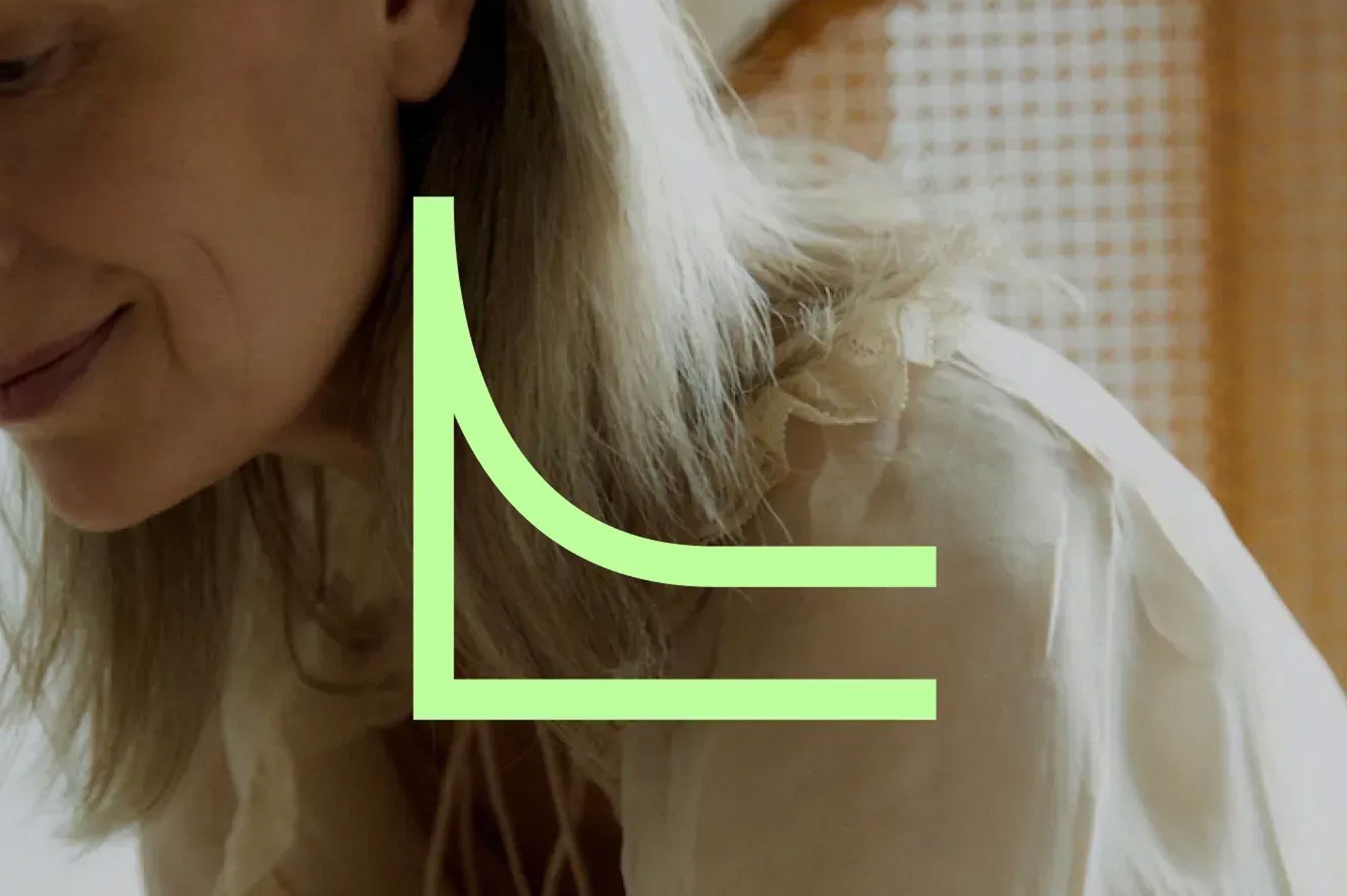You missed a deadline. You fumbled your words in a meeting. You forgot a birthday text.
And while others may quickly move on, your inner voice lingers—relentless, judgmental and louder than anyone else’s opinion.
But why? Why do we tend to be far harder on ourselves than we ever would be on others?
The answer lies in the complex interplay of evolution, brain structure and social learning. Self-criticism isn’t a flaw—it’s a feature that once helped us survive. But, in the modern world, it often does more harm than good.
A Brain Built for Survival, Not Self-Esteem
The human brain evolved to scan for danger and detect threats—including threats to social belonging. In early human history, being excluded from the group could mean death. So, we developed a negativity bias—a tendency to notice, remember and obsess over mistakes, slights and shortcomings more than successes.
Neuroscientific studies show that the brain's default mode network—active during introspection and self-evaluation—tends to light up during self-critical rumination. The medial prefrontal cortex and anterior cingulate cortex, which help monitor errors and social pain, play central roles in this cycle.
In short: your brain is designed to keep you in check, not to hype you up.
Self-Criticism and the Inner Threat System
From a clinical psychology perspective, self-criticism is closely tied to the “threat-defense system,” part of the body’s stress response. When we think we’ve failed—especially socially—this system releases cortisol and activates fight-or-flight pathways, even if the danger is just in our minds.
Dr. Paul Gilbert, founder of Compassion-Focused Therapy (CFT), describes self-criticism as an attempt to gain control over perceived failure or rejection. By criticizing ourselves first, we believe we’re reducing the likelihood of being criticized by others. It's a form of emotional pre-emptive strike.
But this strategy backfires. Chronic self-criticism is linked with increased risk for depression, anxiety, eating disorders and even lower immune function.
Cultural and Social Conditioning
We don’t develop our inner critic in a vacuum. From an early age, many of us are socialized to equate self-worth with achievement, likability or control. Praise becomes contingent. Mistakes are punished—sometimes subtly, sometimes overtly. Over time, we internalize these messages.
Perfectionistic thinking—especially in high-achieving cultures—further fuels the problem. According to a meta-analysis in Psychological Bulletin, self-critical perfectionism is strongly associated with poor mental health outcomes, especially in adolescents and young adults.
So, What Actually Helps?
The antidote isn’t blind self-confidence—it’s self-compassion. And it’s not fluffy.
Research led by Dr. Kristin Neff shows that people who practice self-compassion are more resilient, less anxious and more motivated over time—not less. Self-compassion activates the brain’s “soothing system,” helping regulate emotion and reduce cortisol.
Instead of shaming ourselves into change, we support ourselves through it—like we would a friend. And that distinction matters.
How to Quiet the Inner Critic
- Name it. Recognize that your inner critic is not you—it’s a voice shaped by biology and experience. Label it when it speaks.
- Reframe mistakes. Shift from “I failed” to “I’m learning.” The brain grows through effort and error.
- Practice self-talk check-ins. Would you say this to someone you care about? If not, don’t say it to yourself.
- Use the body. Deep breathing, mindfulness and even placing a hand on your chest can activate the parasympathetic nervous system and reduce threat response.
- Build self-compassion rituals. Journaling, loving-kindness meditation and supportive inner dialogue are all backed by research.
Your inner critic might always be there. But it doesn’t need to be the loudest voice in the room. When you understand where it comes from—and learn to meet it with curiosity and care—you make space for a more accurate, more forgiving view of who you are.
Sources & Further Reading
Having a word with yourself: neural correlates of self-criticism and self-reassurance
Self-Compassion, Self-Esteem, and Well-Being









